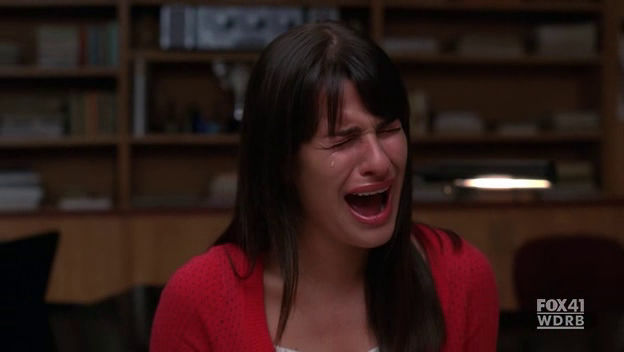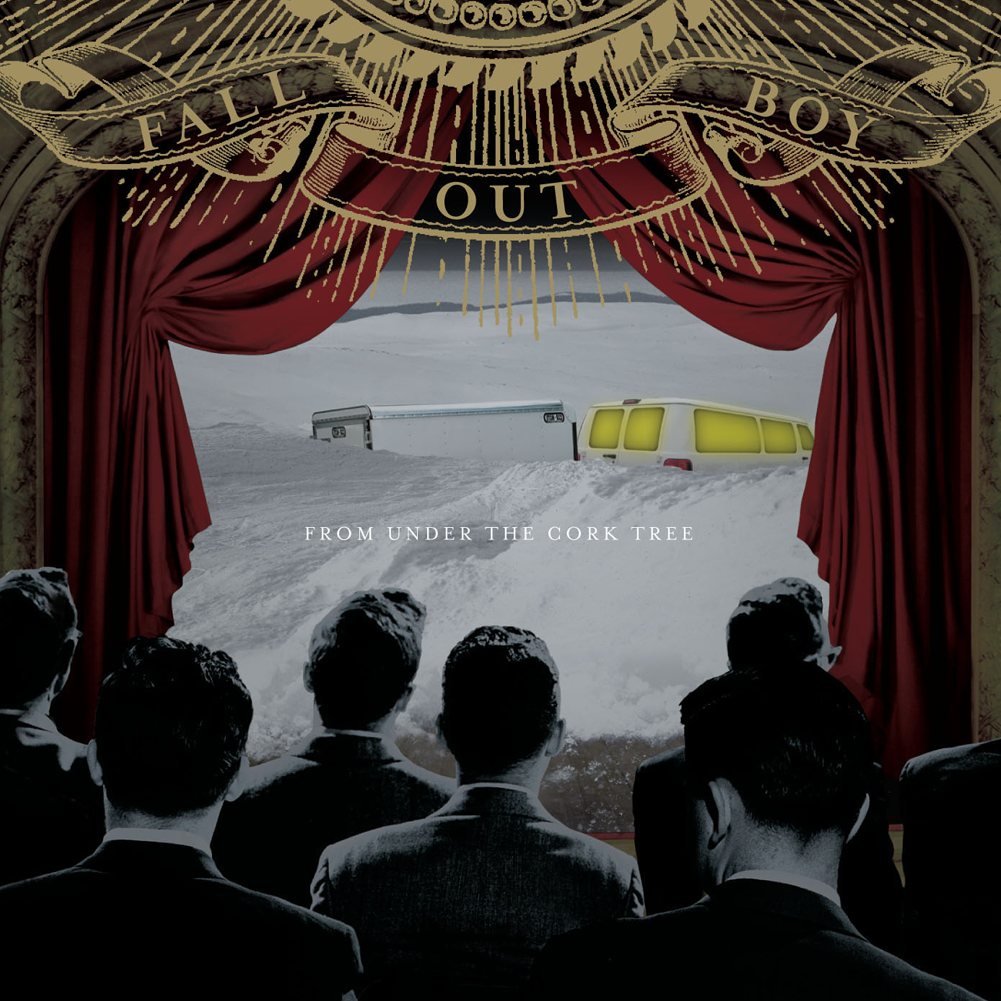There is too much art to consume.
More than ever, I’m overwhelmed. I have a movie list that has to be over a thousand—there’s 150 from 2014 up to now alone. I keep up with 16 new TV shows that premiered just this fall, in addition to all the shows I regularly watch, and that’s leaving aside all the classic TV I’ve been meaning to watch to broaden my TV knowledge. Listening to my Spotify Discover Weekly playlist each week means I have a constantly growing list of music to listen to. I have a list of books to read that expands at a rate of at least one book per day. I do not read a book a day, and doubt I ever will, so this is clearly not a sustainable habit.
Even aside from my own intrinsic desire to be caught up on all the latest art, there’s the pressure to have things to talk about with your friends. There’s Jackie shaming me for not having watched Gilmore Girls, and all the people inexplicably disgusted that I haven’t seen Forrest Gump. (I don’t think I’d even like that one.) In fact, as I’m writing this, my friend Avery just suggested a new band for me to listen to, and god dammit, I really liked the first song I listened to by them, so there’s another band to add to the list.
Too Much Art is ruining my life. Okay, no, it’s not, but it does aggravate my stress, which is already high due to homework, my job at the Law Library, my job as a Senior Arts Editor, my job as a blogger, that job at Barnes and Noble that I should really just quit already, and the impending doom of graduation, lurking only a few months down the road. In the spare time I have, I should be able to chill out and watch an episode of something without worrying about what art I need to consume to be an ideally well-rounded artist-writer-person.
TMA means that I can’t even begin to think about the other art forms I would ideally have time to explore, like podcasts and video games and visual art. I’ll have to content myself with Writing Excuses (a 20-minute weekly podcast), my summer play-through of The Last of Us, and an occasional trip to a museum.
I’ve managed to cope with some of this by realizing that it’s okay if I drop a show from my rotation every once in a while—sure, I’m saying that I plan to catch up on Once Upon A Time and Teen Wolf one day, but I doubt I’ll ever get to them. But it’s still an issue, and I don’t ever really think itwon’t be an issue. There’s simply not enough time to do all the stuff I want to do. I want to continue to try, though, even though it’s ill-advised and delusional.
So what it comes down to is prioritizing. And that’s something that I’m still working on. Currently, I’ve picked two areas to really focus on: TV and music. I really like keeping up on TV on a weekly basis, so that’s currently one of the few things I’m semi-succeeding at. It’s hard to keep up with all the interesting TV out there, especially in this period of what TV critics call ‘Peak TV,’ but I’ve managed to watch most of the things on the air that I care about.
Music might be my biggest success right now. I have three music lists, all stored on one iPhone note. The top one is mostly indie and pop music that I’ve been meaning to listen to, compiled mostly from friend suggestions and Discover Weekly suggestions. The second is mostly rap and hip-hop artists; as white as this is going to sound, I didn’t really have any interest in rap or hip hop until I watchedStraight Outta Compton last March, and since then I’ve gradually expanded my knowledge about it. The third list is older music, mostly from the 70’s and 80’s, that I’ve been meaning to listen to more (The Clash, The Cure). This was mostly triggered by recently watching Stranger Things, Sing Street, and Halt and Catch Fire.
Music is nice because I can cross artists off my list while I’m doing other things: walking to class, making dinner, even brushing my teeth. You don’t realize how much time is spent doing miscellaneous things like that until you listen to music the whole time and blow through a couple albums a day. Being able to get stuff done while you’re walking is very efficient, and I feel noticeably more music-literate now than I was a year ago. (Most recent additions to my Spotify library include Jukebox the Ghost, TV Girl, and Danny Brown.)
But being generally content with my music and TV competency means forgoing movies and books, which is pretty bad. I love movies, sometimes more than TV, and books…well, books are supposed to be my grand passion in this world. I’m an English major, I want to write books professionally, I want to go into publishing, etc. And it’s not just that I’m finding I’m not as passionate about reading as I used to be—I still count books as my favorite medium of storytelling. But books are undeniably time-consuming, especially since I’m kind of a slow reader, and I read so much for class that I rarely want to read just for fun in my downtime. Besides, though I theoretically want to be more well-versed in contemporary literature, the literary conversation is less immediately pressing than the what’s-on-tonight TV conversation.
I read a bit over the summer, but now that school has started back up again, I find that I’ve made basically no progress, and that saddens me. Reading and writing remain my focus, career-wise, and I know that I need to refocus on that. I need to probably drop a couple of my new shows, like Designated Survivor and Quarry, and save some to binge when I have more time over winter break. (I will never forgive myself for watching ALL SIX SEASONS OF GLEE. NO ONE WATCHED ALL SIX SEASONS OF GLEE. IF YOU WERE NORMAL, YOU QUIT HALFWAY THROUGH THE SECOND SEASON AND NEVER LOOKED BACK.) I need to set aside time to read and write. It’s just hard when there’s so much art.














